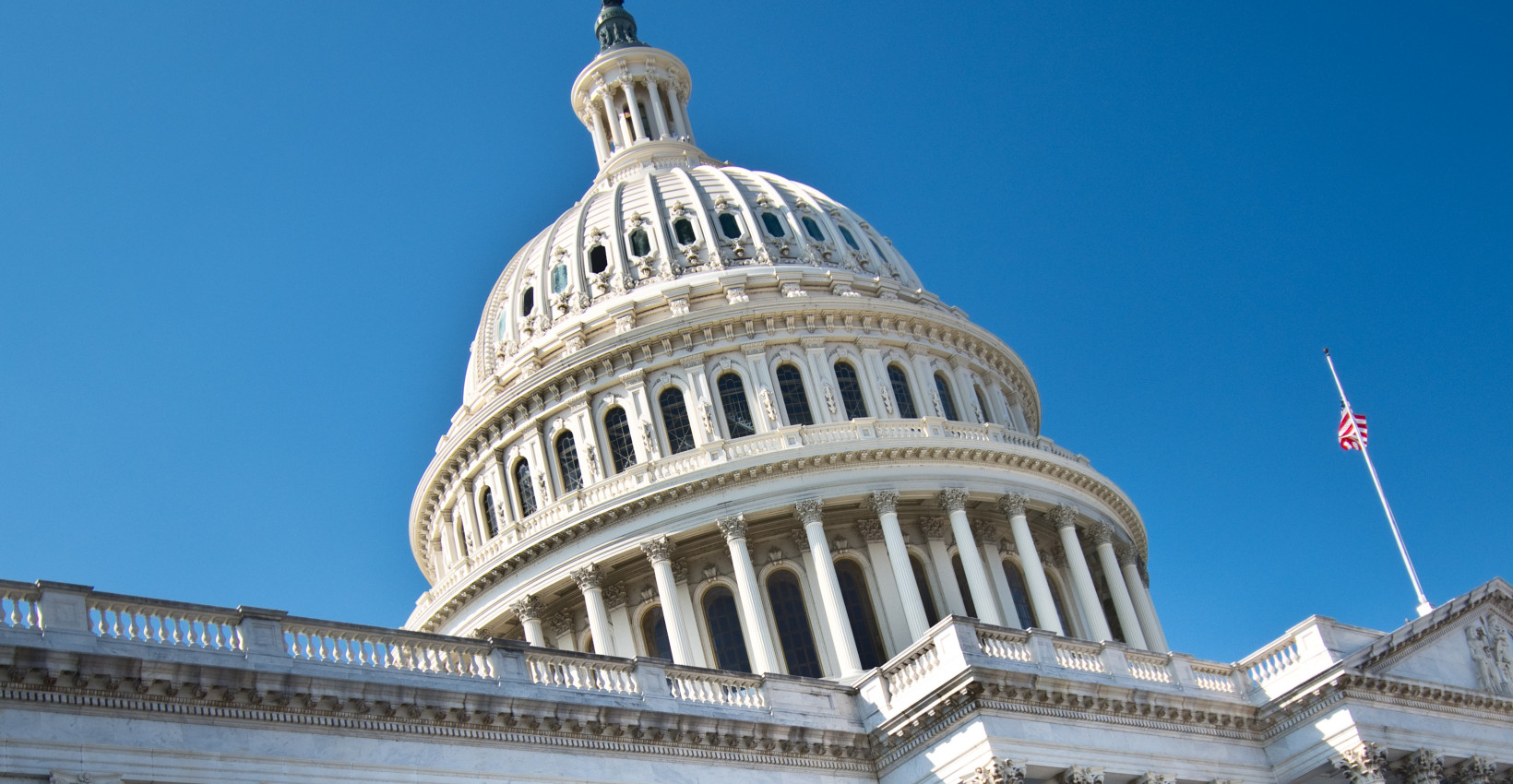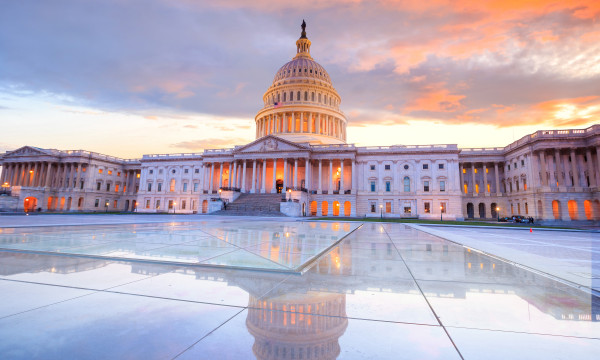House and Senate introduce retirement plan legislation

The U.S. Senate and House of Representatives took the first steps in May toward passing retirement plan legislation. The House Ways & Means Committee unanimously advanced the Securing a Strong Retirement Act of 2021. Legislators and the pension community have referred to the proposed legislation as “SECURE Act 2.0” because it builds on the SECURE Act passed in 2019.
Major retirement plan legislation is also percolating in the Senate in the form of the Retirement Security and Savings Act of 2021. The bill, introduced by Sens. Rob Portman (R-OH) and Ben Cardin (D-MD), is noteworthy because they both serve on the Senate Finance Committee, which has jurisdiction over the Internal Revenue Code’s retirement legislation. In addition, Senators Portman and Cardin have a long, successful history of working together to advance significant bipartisan retirement legislation.
The House and Senate bills have many overlapping provisions and appear to have broad bipartisan support. This provides hope in the pension community that retirement legislation may be passed as soon as this year. The overlapping provisions between the bills which are expected to be of most interest to employers include the following.
Age 60 catch-up contribution
Current law allows a participant who has attained age 50 to make a $6,500 catch-up (as indexed) contribution to a 401(k) or 403(b) plan. Both bills would allow a 60-year-old participant to make a $10,000 (as indexed) catch-up contribution.
Matching contributions on student loan payments
The bills would allow, but not require, an employer to make matching contributions based on a participant’s student loan payments. This feature is designed to address the concern that younger workers with student loans have not been able to adequately save for retirement.
Revisions in long-term part-time employee rules
A plan can generally require an employee to attain age 21 and/or complete one year of service to be eligible to participate in a qualified plan. The SECURE Act requires a 401(k) plan to allow “long-term part-time employees” to participate in the elective deferral portion of the plan after three consecutive 12-month periods in which the employee completes at least 500 hours of service. The bills would reduce this three-year rule to two years.
Performance benchmarks for asset allocation funds
Current Department of Labor (DOL) disclosure regulations require that a plan’s investments be compared to an appropriate benchmark. The regulations, though, do not adequately address benchmarking for target date funds that include a mix of assets. Both bills would require the DOL to update the regulations to provide that target date funds can be benchmarked against a blend of securities market indices.
Expansion of the Employee Plans Compliance Resolution System (EPCRS)
The EPCRS program permits plan sponsors to correct errors in an employer-sponsored plan. The bills would broadly expand the type of mistakes that could be self-corrected under EPCRS and would exempt certain required minimum distribution failures from current excise taxes.
Charitable distributions from qualified plans
An individual is currently able to make charitable distributions from an IRA but not an employer-sponsored plan. The bills would allow charitable distributions from qualified plans.
Union Bank will keep you updated on the status of the House and Senate bills. If you have any questions about the proposed legislation, please contact your Union Bank Relationship Manager.
Learning Center articles, guides, blogs, podcasts, and videos are for informational purposes only and are not an advertisement for a product or service. The accuracy and completeness is not guaranteed and does not constitute legal or tax advice. Please consult with your own tax, legal, and financial advisors.




